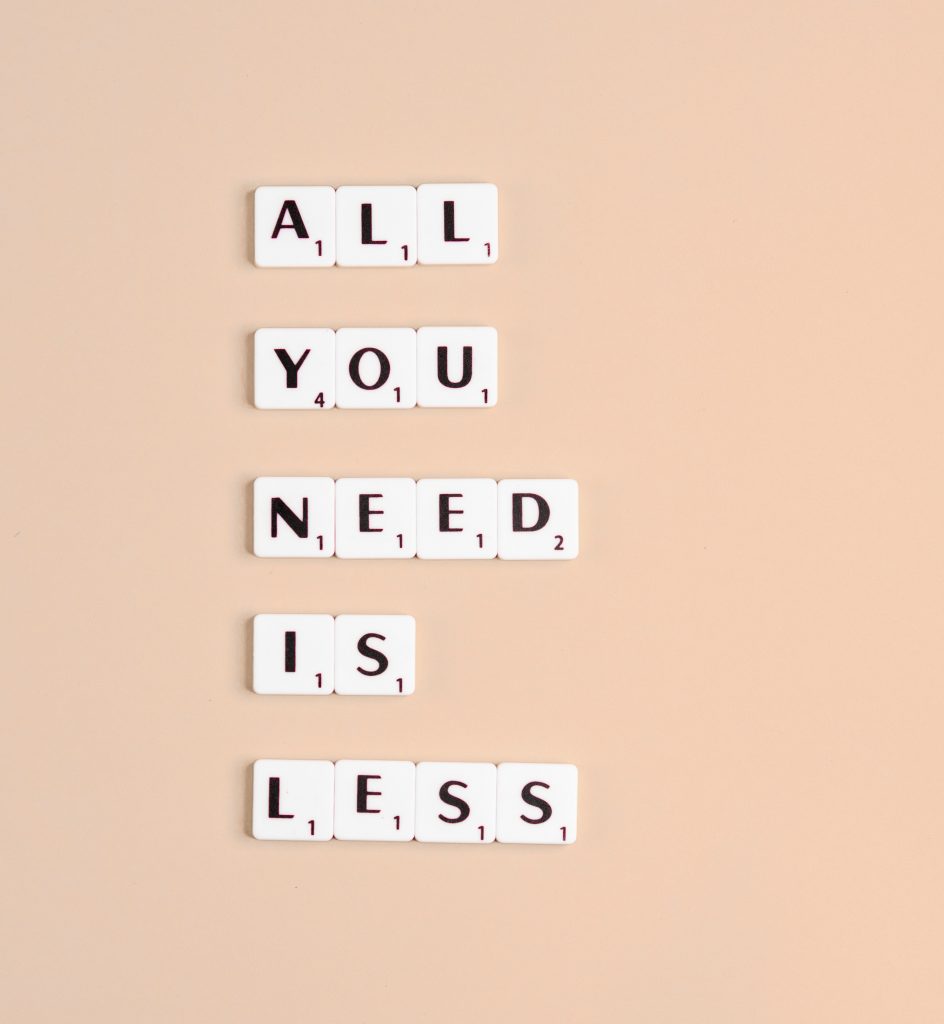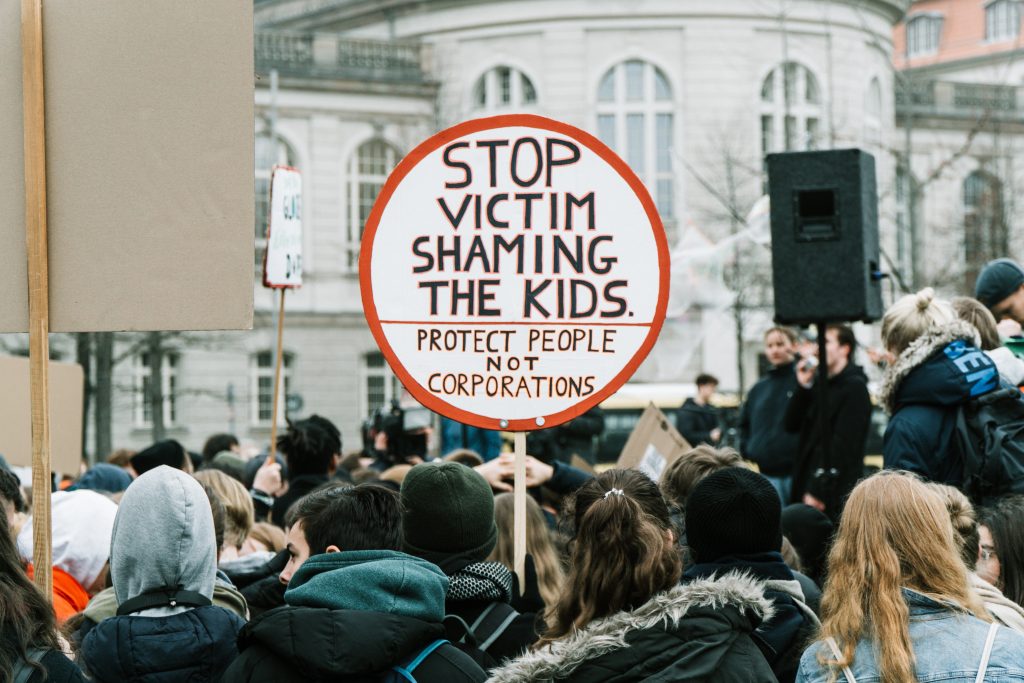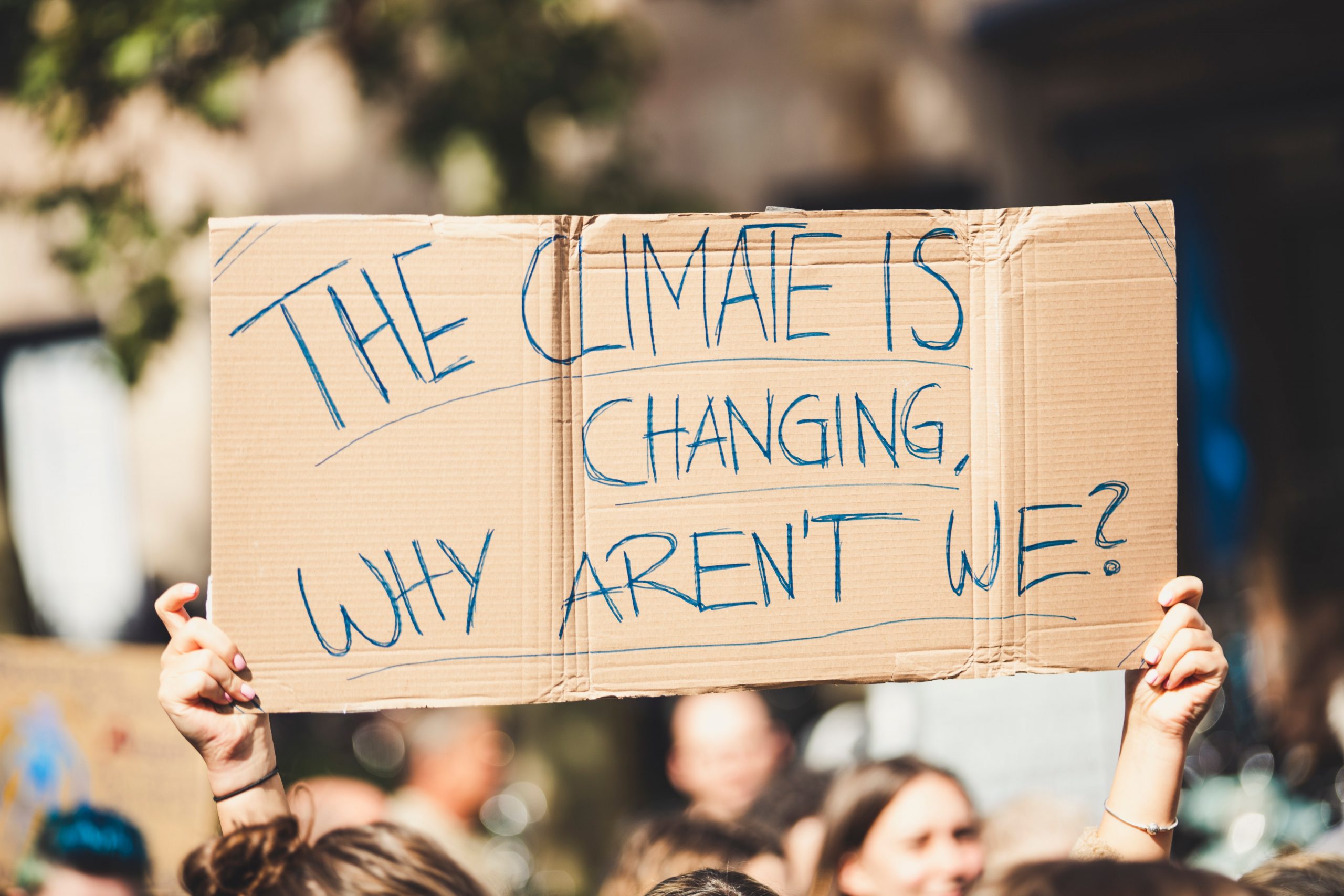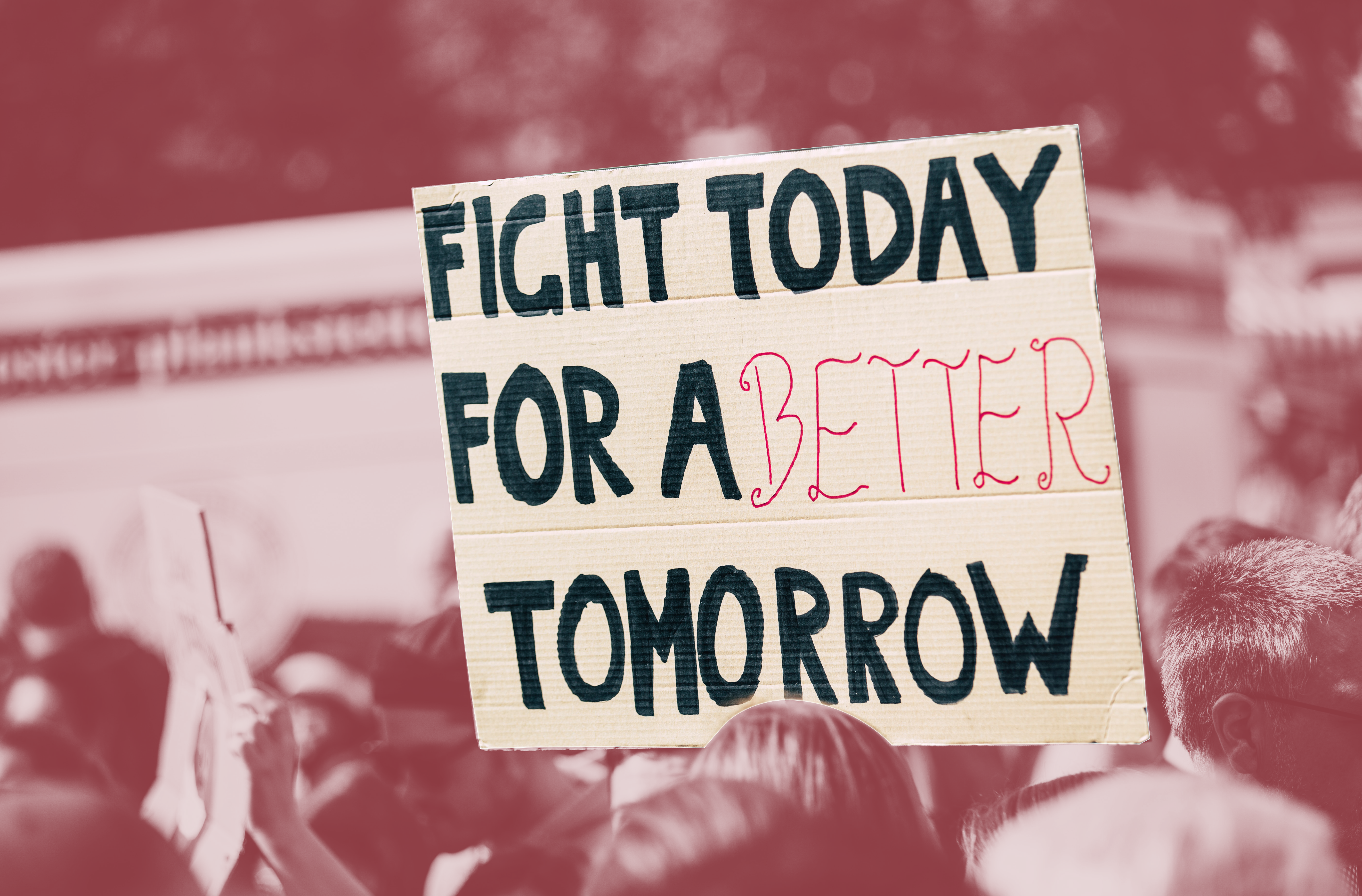A recent documentary video by the BBC called to attention the climate change movement’s lack of diversity. Following Fatima Ibrahim, a climate change activist, the documentary argued that a lot of communities, such as the working-class and ethnic minorities, who feel alienated by the movement and do not feel the represented by it. It is simply not as inclusive and accessible to the wider public as it ought to be. Even the Executive Director of Greenpeace UK, John Sauven, admitted that the movement has been “overly represented by white middle-class people” and claimed that progress is being made to fix the problem.
Sustainability, which is part of the climate change movement, is often presented in the media as a way to take action as an individual and include yourself in the movement. Unfortunately, sustainable living as a response to the climate crisis is not accessible to everyone, and the mainstream media often forgets to address this crucial point.
A lot of the proponents of sustainable living make it seem like switching to more environmentally-friendly lifestyle is easy, which it can be – for the middle class. However, to the people who do not have the same privileges, such as the working class, sustainability is not a choice they can make. This is because sustainability requires a lot of disposable income which a lot of people do not have. Not only that, but it takes also a lot of time to research and plan how to switch to a sustainable lifestyle. In a world where time is money, that can be simply unachievable.
Of course, this is not meant to disparage sustainable products and conscious consumerism. The reason why ethical and eco-friendly products are more expensive is because such products tend to cost more to produce. Paying workers fair wages and sourcing materials in an ethical way are two examples of why making sustainable choices will drain your bank account much faster than going for cheap, unethically produced commodities. If you are in the position to buy items that are better for the environment and for the people who make them, it is by all means commendable to do so. However, even though there are good moral reasons behind the high price tags of sustainable products, there are a lot of companies that falsely present themselves as sustainable in order to cash in on the movement.
Fast Fashion’s Faux Ethics
With all the attention it has been receiving in the media, sustainability has become a bit of a trend in the last decade. A trend that has been consistently exploited by one of the world’s biggest polluters – the fast fashion industry.
Take H&M for example, who have a special ‘Conscious’ clothing line that is portrayed as more sustainable than their other items. Their website states that “57% of all materials sourced by H&M group are either recycled or sourced in a more sustainable way.” But what does that even mean? What does “in a more sustainable way” entail? In a 2019, H&M Norway came under fire from The Norwegian Consumer Authority (CA), who accused the retailer of illegal marketing and “making unsubstantiated claims that play on environmental emotions“. It’s easy to see that H&M’s ‘Conscious’ range, and many other brands’ equivalent ranges are nothing but a marketing ploy designed to mislead and pull in the segments of consumers that would otherwise avoid the brand. Furthermore, it doesn’t change the fact that H&M is a fast-fashion brand, so even when you buy from their so-called ‘Conscious’ label, you are still giving your money to a company that perpetuates the destruction of the environment and contributes to the unethical treatment of workers who make the clothes.
If you want to make truly sustainable fashion choices, go for second-hand clothing, and always strive to buy less. Take good care of the clothes you own, and try to re-purpose them once they are no longer wearable.

BigCorps and Shifting the Blame
Making environmentally-friendly choices as consumers is important, but it distracts from the bigger issue which lies with the multimillion and multibillion companies and industries that are the main culprits in the climate crisis. Did you know that a third of the world’s CO2 emissions can be tracked to just 20 companies? These include well-known names such as Chevron, BP and Shell. Considering the current climate (pun intended), it’s not exactly desirable to be on this list. Many of the companies have made empty promises to cut emissions in the coming decades, but one company has done something downright evil to make themselves appear better in the eyes of the consumers.

Most people alive today will have know about or at least have heard of the carbon footprint, but not many people will know how it became so popular. Decades ago, in an attempt to shift the accountability for the exploitation of the world’s resources from the corporations to the individuals, our very own BP started a marketing campaign which sought to make individuals feel more responsible for climate change. This was done by allowing them to calculate their own carbon footprint and find out about all the things they were doing to harm the environment. The sad thing is, it worked rather well. We are already doing so much as individuals, and yet we are made to feel guilty even when we don’t have the choice to live sustainably.
So what can we do? Bringing down mischievous corporations and industries and finding (and funding) affordable, truly sustainable alternatives seems like the right goal. But that is a topic for another time. Yes, buying less, re-using what you have, and choosing second-hand are some of the important things we can do, but even importantly, we must keep learning and asking questions. How can we make sustainable living more accessible to all? What barriers do people in different situations face when it comes to making sustainable choices? What about the people who don’t have the privilege of choice? What must be done to force heavier regulation on the world’s biggest polluters? How can we help?
We must keep the conversation going, keep fighting, and keep improving as the inhabitants of Earth. After all, we only have the one.


